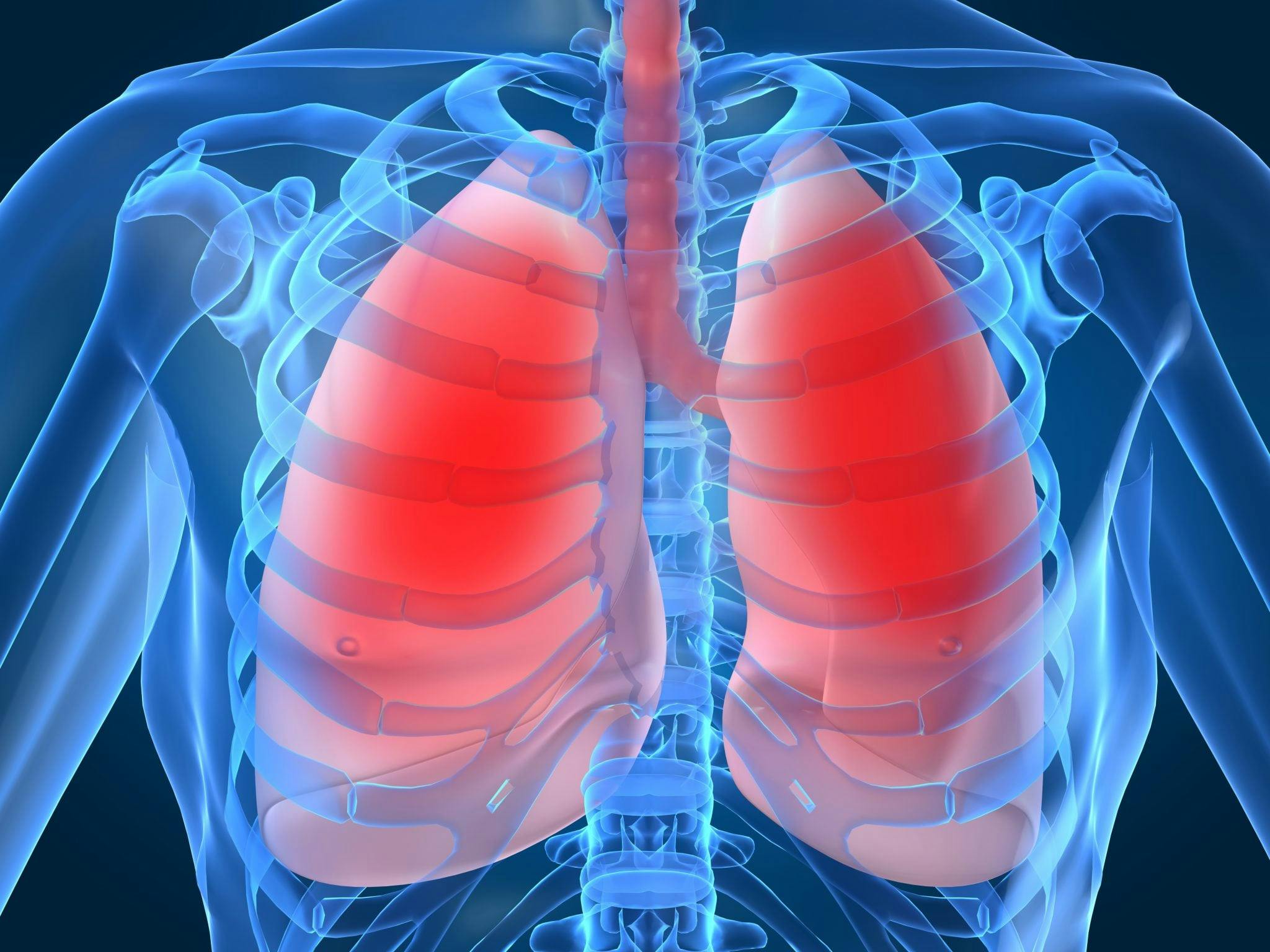
2025-03-10T14:24:39
What is Walking Pneumonia and Why are Cases Rising?
- Family Medicine
- Pulmonology
October 18, 2017 | Pulmonology
Specialties:Pulmonology (Respiratory Care)

The respiratory system is in charge of providing oxygen to the body’s cells, and pulmonology is the area of medicine that focuses on the respiratory system’s health. Pulmonologists can treat a variety of conditions in both men and women. Here are the basics you need to know, including when you might need to see a pulmonologist.
Pulmonologists are medical specialists that diagnose and treat conditions affecting the respiratory system. They have expertise in the following types of respiratory disorders:
In some cases, a pulmonologist’s practice extends into the cardiovascular system when conditions affecting the respiratory system spread to organs. Pulmonologists might work in their own office, or they might be part of a larger practice. They can also work in hospital settings and intensive care units.
Pulmonology is focused on the diagnosis and treatment of respiratory system disorders. Subspecialties of pulmonology include:
Pulmonologists must earn a four-year college degree and complete a four-year medical school program. They must also complete a three-year residency in internal medicine. After this, they complete a two- or three-year fellowship, which allows for specialized pulmonology training. Finally, they pass a specialty board certification exam to become licensed to practice.
Pulmonologists can treat a variety of conditions:
Pulmonologists can perform large range of exams and tests to help diagnose lung-related issues:
If you have unusual respiratory symptoms, you should first meet with your primary care doctor and have a medical exam performed. You may be then referred to a pulmonologist if:
For more information on what a pulmonologist can do for you, speak to your doctor.
Our physicians are specialized in a variety of respiratory illnesses and work with your primary care physician to customize your treatment plan. Our specialists understand the connection between the lungs and other areas of medicine including cardiology and endocrinology.
Sources:
“Faces of Healthcare: What Is a Pulmonologist?” Healthline. https://www.healthline.com/health/what-is-a-pulmonologist#overview1
“What Is a Pulmonologist/Pulmonary Specialist?” HealthCommunities.com. http://www.healthcommunities.com/copd/what-is-pulmonary-specialist.shtml
WRITTEN BY:
The Live Better Team

2025-03-10T14:24:39

2024-11-06T09:40:56

2024-02-02T13:24:38

2021-11-29T16:31:04
This information is not intended to replace the advice of a medical professional. You should always consult your doctor before making decisions about your health.